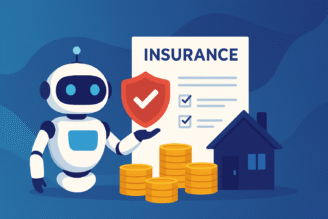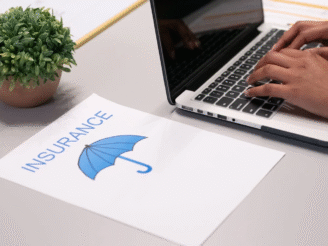Learn the pros and cons of 401k loans in the US.
Learn the pros and cons of 401(k) loans in the US, how they work, and when to borrow money from your retirement plan.
Understand the main advantages and disadvantages of 401k loans

When unexpected expenses arise, many Americans look for ways to access cash without turning to high-interest credit cards or personal loans.
One option that often comes up is borrowing from a 401(k) retirement plan. A 401(k) loan can seem attractive because it allows you to borrow money from your own savings, often at lower interest rates. But, like any financial decision, it comes with trade-offs you need to weigh carefully.
In this article, we’ll explore how 401(k) loans work, their advantages, and the potential drawbacks you should consider before tapping into your retirement funds.
What is a 401(k) Loan?
A 401(k) loan allows you to borrow money directly from your retirement account. Instead of applying through a bank, you essentially act as both the lender and borrower.
Most plans permit participants to borrow up to 50% of their vested balance, with a maximum loan amount of $50,000.
The loan must usually be repaid within five years, although exceptions may apply, such as when the loan is used to purchase a primary residence.
Repayments, including principal and interest, are made directly back into your 401(k), helping replenish your retirement savings over time.
What are the main advantages of 401(k) loans?
401(k) loans offer a number of advantages that can make them attractive in certain situations. Check out each of them below, in full detail!
No impact on credit history
Unlike traditional loans, a 401(k) loan doesn’t require a credit bureau check. This means the loan won’t appear on your credit report or affect your credit score, which is especially helpful if you need funds but want to keep your credit profile intact for future borrowing, such as a mortgage or car loan.
Interest paid back to yourself
Instead of paying interest to a bank or financial institution, the interest on a 401(k) loan is deposited directly back into your own retirement account.
In practice, this feels less like a loss and more like reinvesting in your own future, making the repayment process more beneficial to you.
Freedom to use the funds
The money you borrow can be used for virtually any purpose. Whether it’s covering medical expenses, consolidating credit card debt, funding education, repairing your home, or making a down payment on a house, you’re not restricted by lender-imposed rules on how the loan should be spent.
Simple and fast process
The application is managed directly through your retirement plan provider, often online, with fewer steps and less paperwork compared to a traditional bank loan.
This streamlined process ensures you can access funds quickly, usually within just a few business days.
An alternative to expensive debt
If you’re already struggling with high-interest obligations, like credit card balances, a 401(k) loan can be a more affordable way to consolidate and manage that debt.
By replacing costly financing with a lower-interest option, you can reduce your monthly burden and improve your short-term financial stability.
Cons of 401(k) Loans
1. Risk to Retirement Savings
The most significant drawback is the impact on your retirement nest egg. While you are paying yourself back, the borrowed funds are no longer invested.
This means you could miss out on potential market gains and compound growth, which are critical for long-term wealth.
2. Double Taxation on Interest
Although the interest payments go back into your account, they are made with after-tax dollars. Later, when you withdraw those funds in retirement, they will be taxed again.
This results in a form of double taxation on the interest portion.
3. Repayment Pressure
If you leave your job, voluntarily or not, the outstanding balance of the loan typically becomes due within a short window (often 60 to 90 days). If you can’t repay it, the unpaid balance is considered a distribution, subject to taxes and potential penalties.
4. False Sense of Security
It’s easy to view a 401(k) loan as “borrowing from yourself,” but it can create a habit of dipping into retirement funds whenever a financial need arises. Over time, this can undermine your retirement strategy.
401(k) loans offer quick access to cash and lower borrowing costs compared to many alternatives. They also provide the benefit of paying interest back into your own retirement account.
On the other hand, they can reduce the long-term growth of your savings, expose you to taxes and penalties if not repaid on time, and encourage over-reliance on retirement funds for short-term needs.
The decision to take a 401(k) loan should be made carefully, considering both your immediate financial situation and your long-term retirement goals.
A financial advisor can help you evaluate whether borrowing from your retirement plan is truly the best option.





